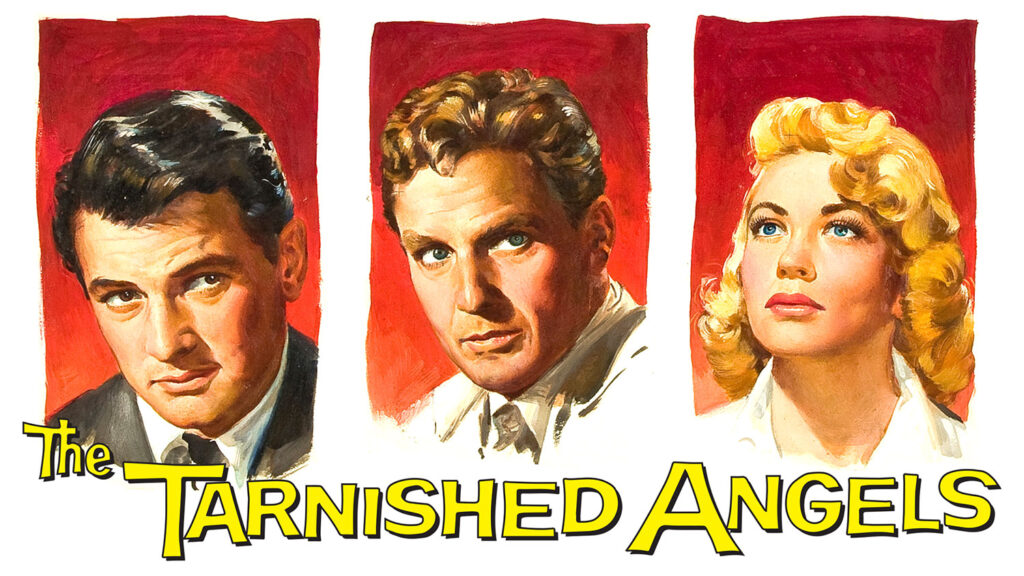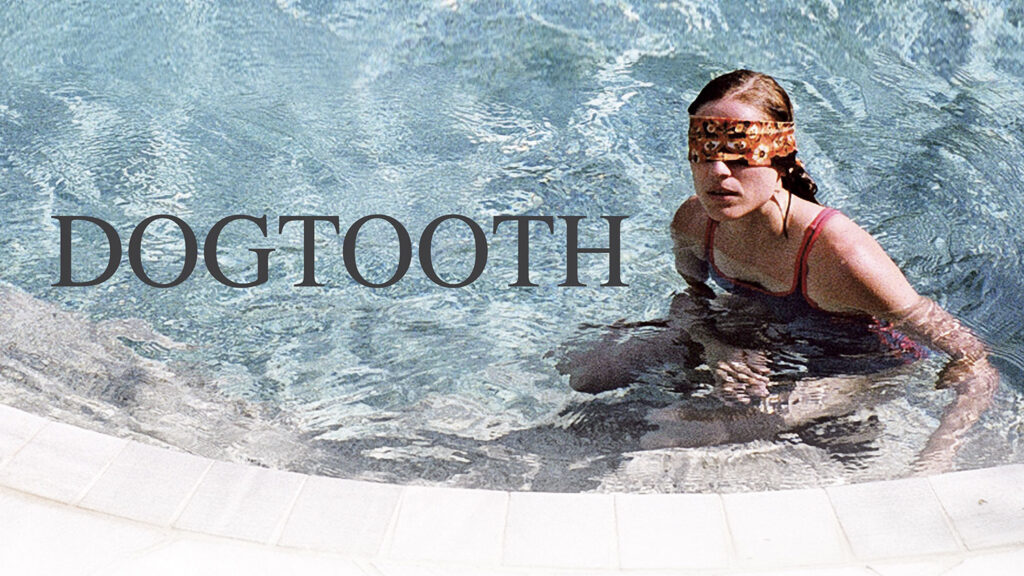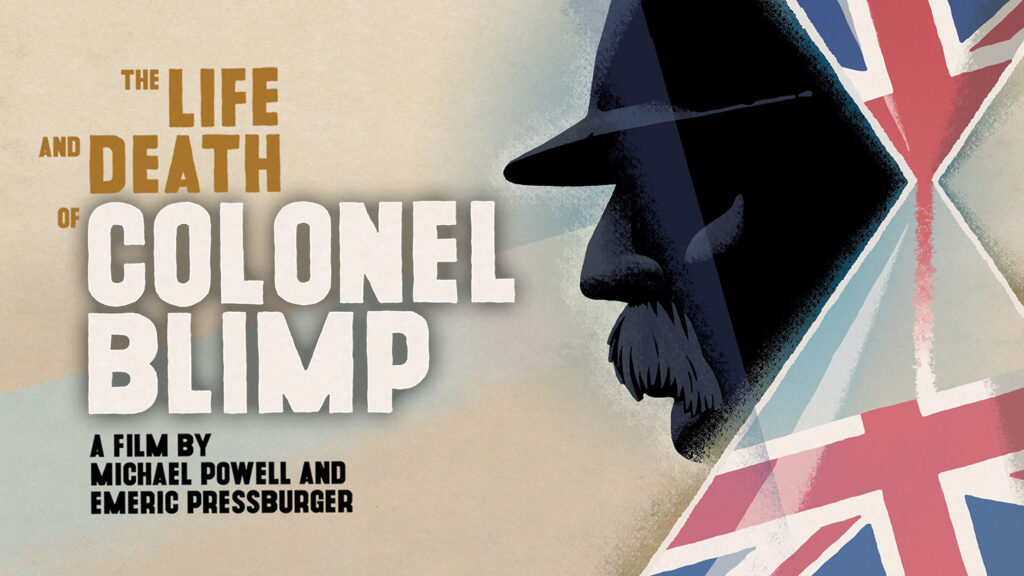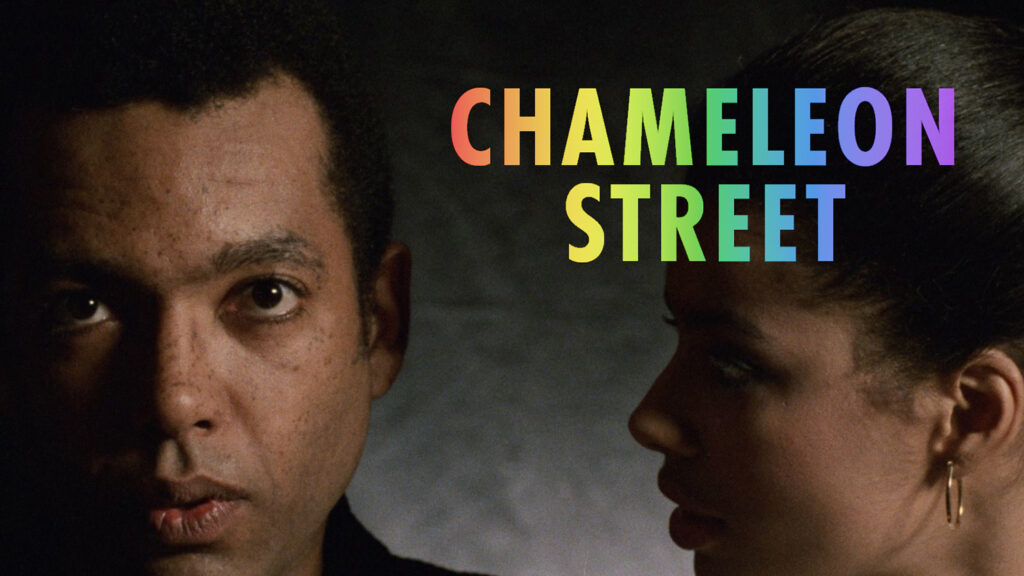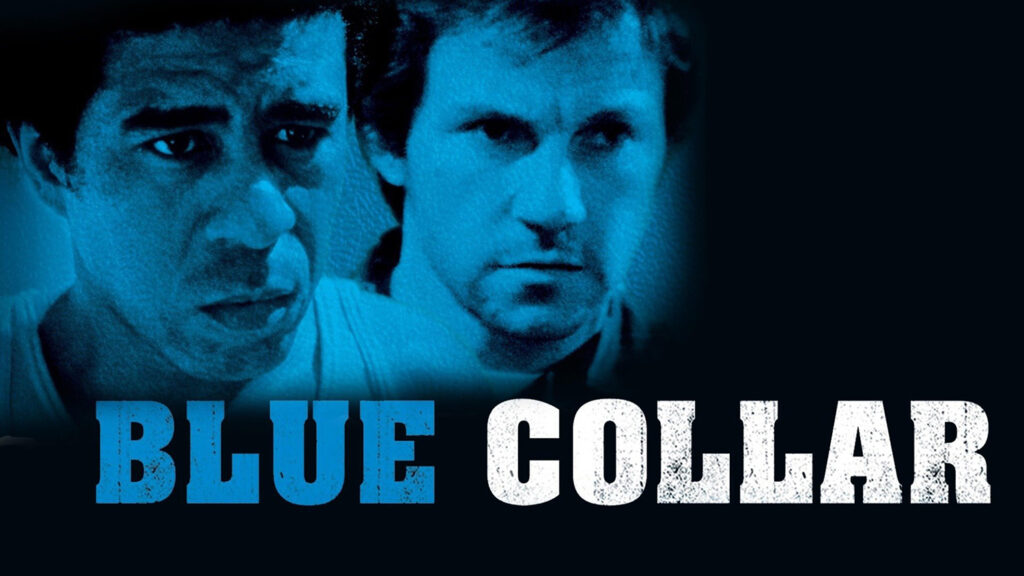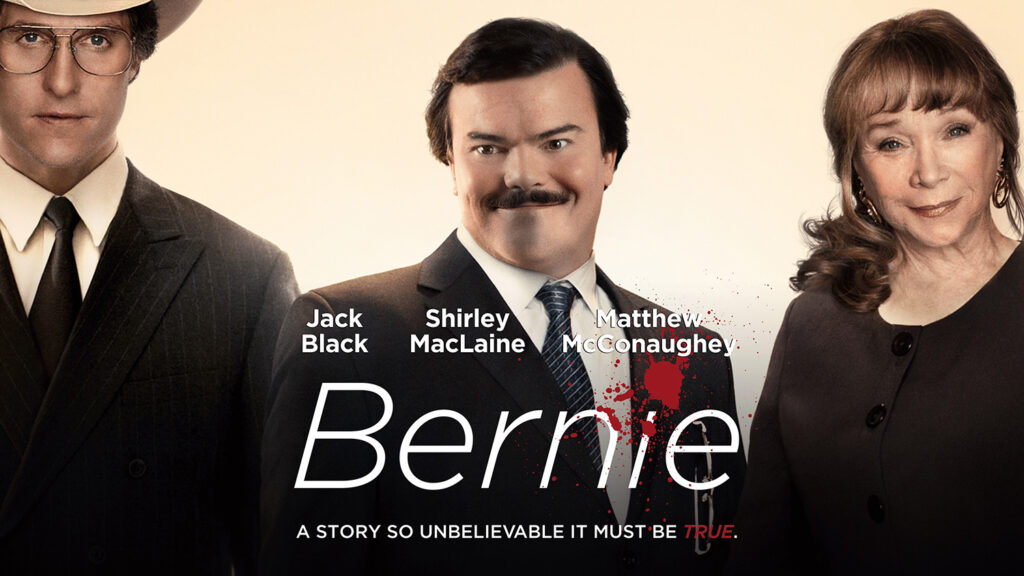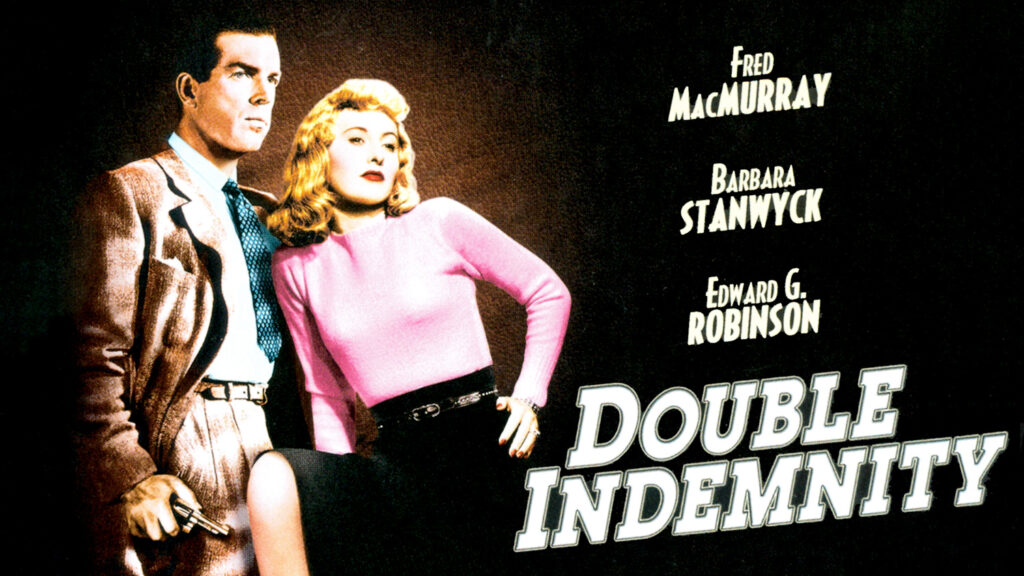Woman in the Dunes
Watching this week’s movie pick leaves you feeling as if you need a shower to wash off all the gritty sand and the mundane existence clinging to every pore of your sweaty body.
Woman in the Dunes keeps you scrambling to understand what’s going on.
For the first 30 minutes or so, I thought director Hiroshi Teshigahara‘s Woman in the Dunes involved a Town With a Dark Secret. I expected something along the lines of The Wicker Man or Get Out. It was more than that.
School teacher Niki Jumpei (Eiji Okada) goes to the dunes in search of a new species of beetle, hoping to make a name for himself in the field of entomology. However, after missing the last bus home, he accepts an offer from villagers to stay the night at the home of a woman (Kyôko Kishida) at the bottom of a sand pit. The next morning, he discovers that he’s been trapped and is expected to shovel sand in exchange for rations.


